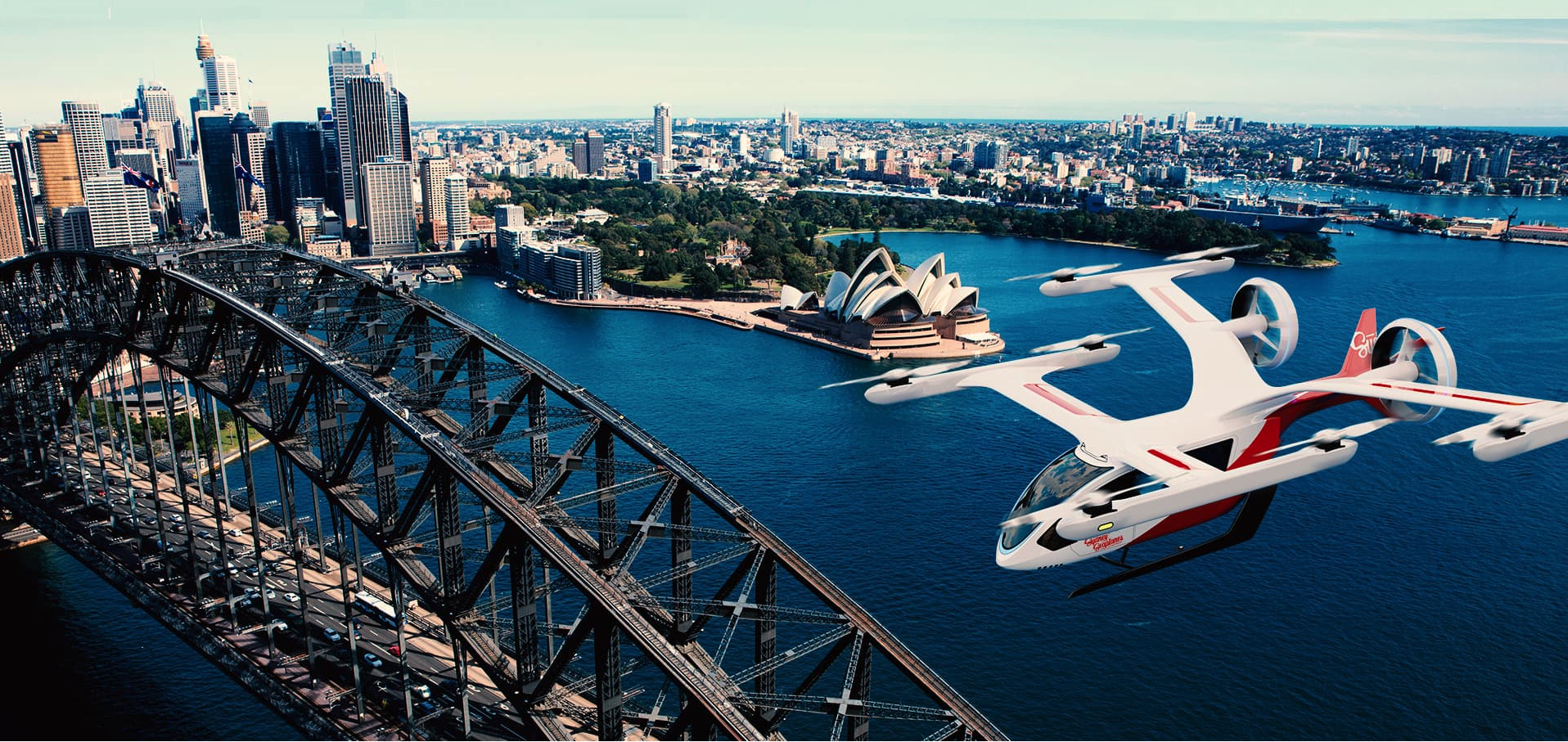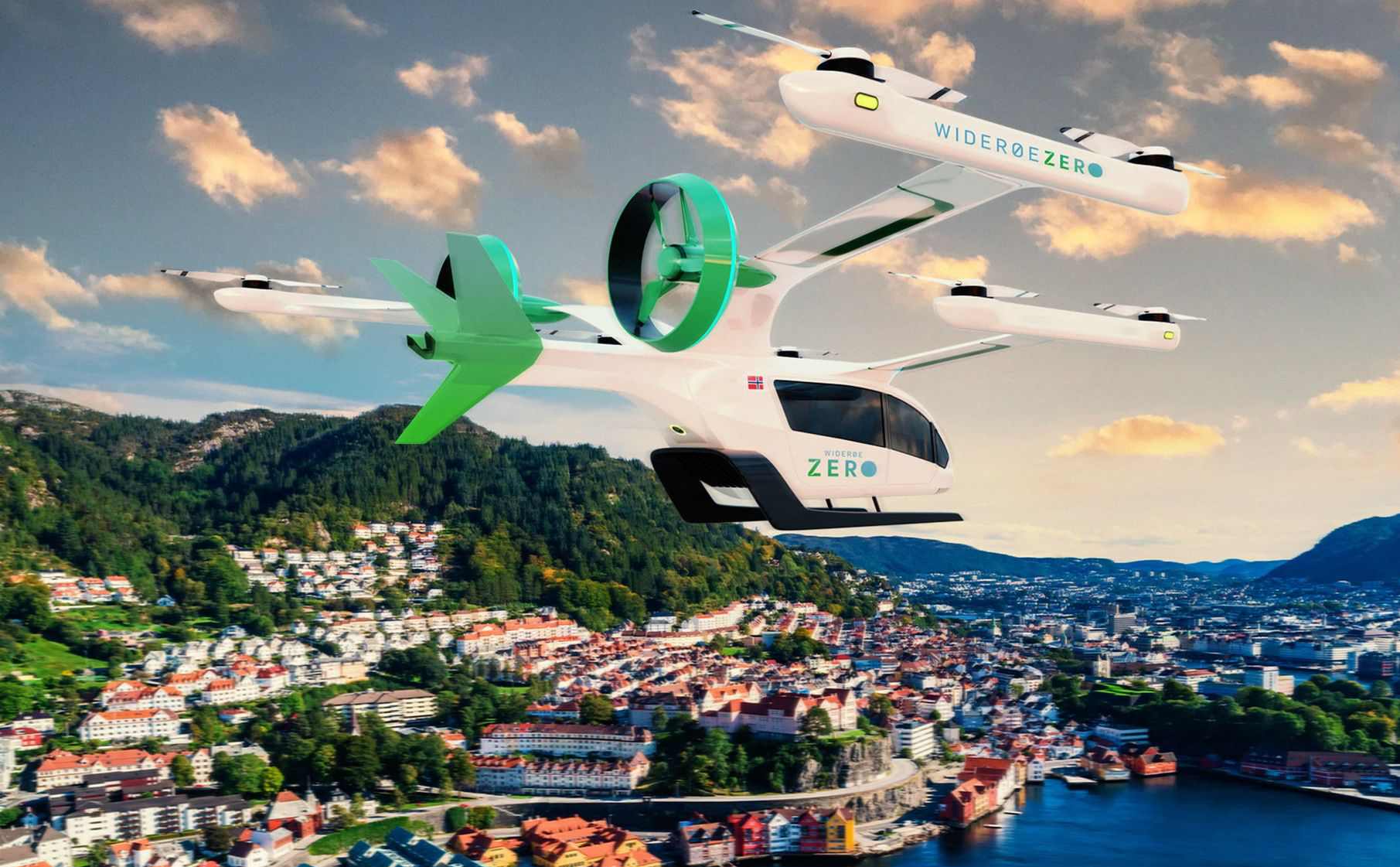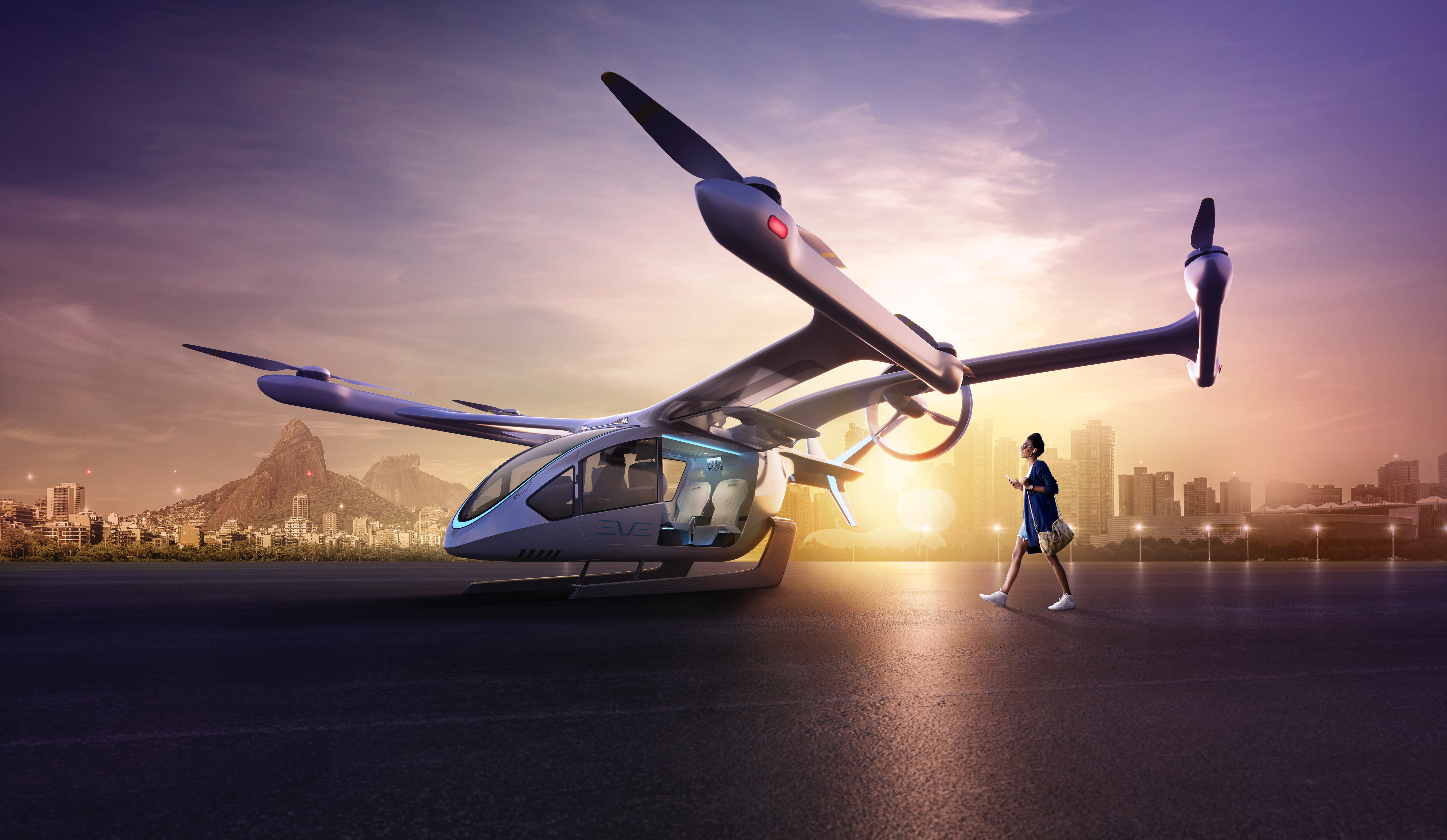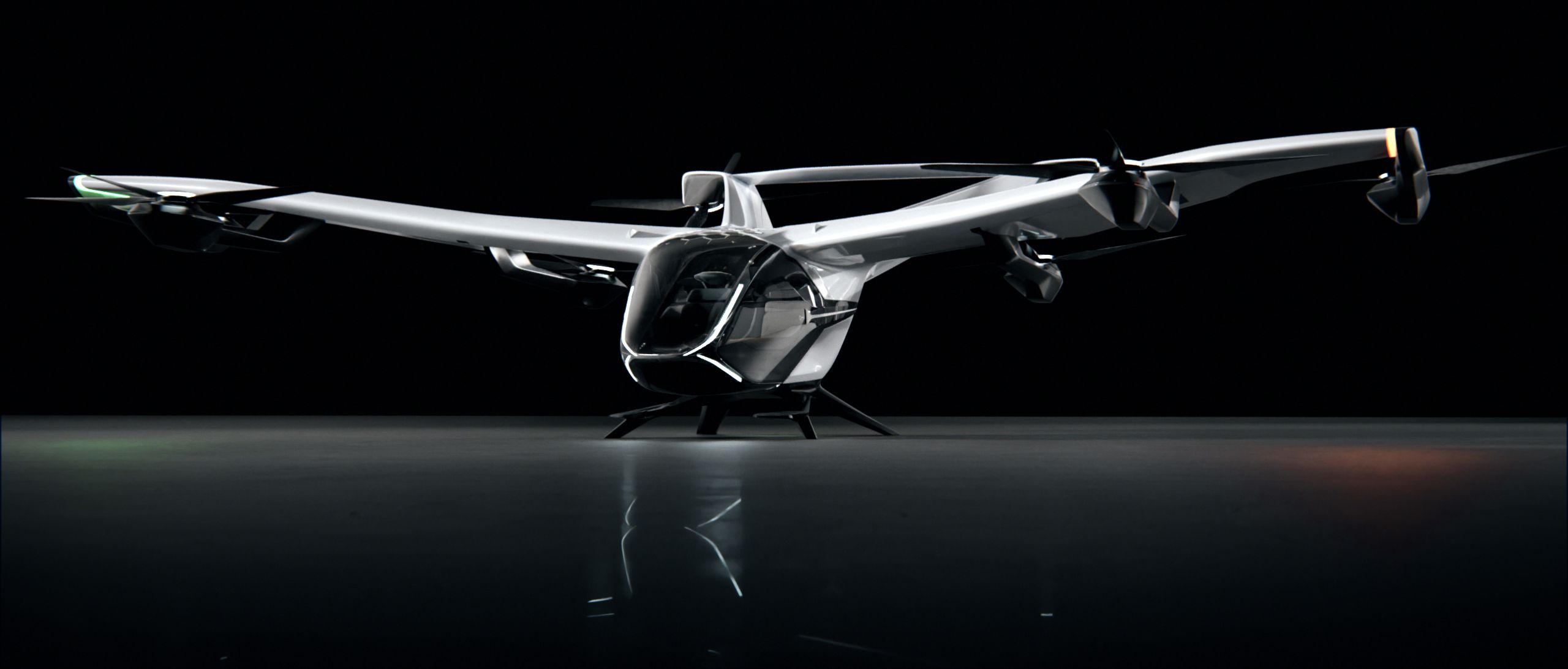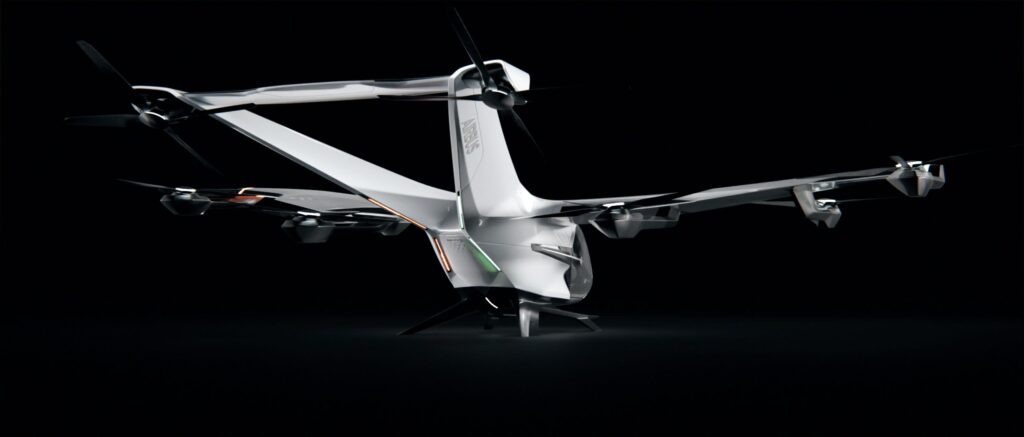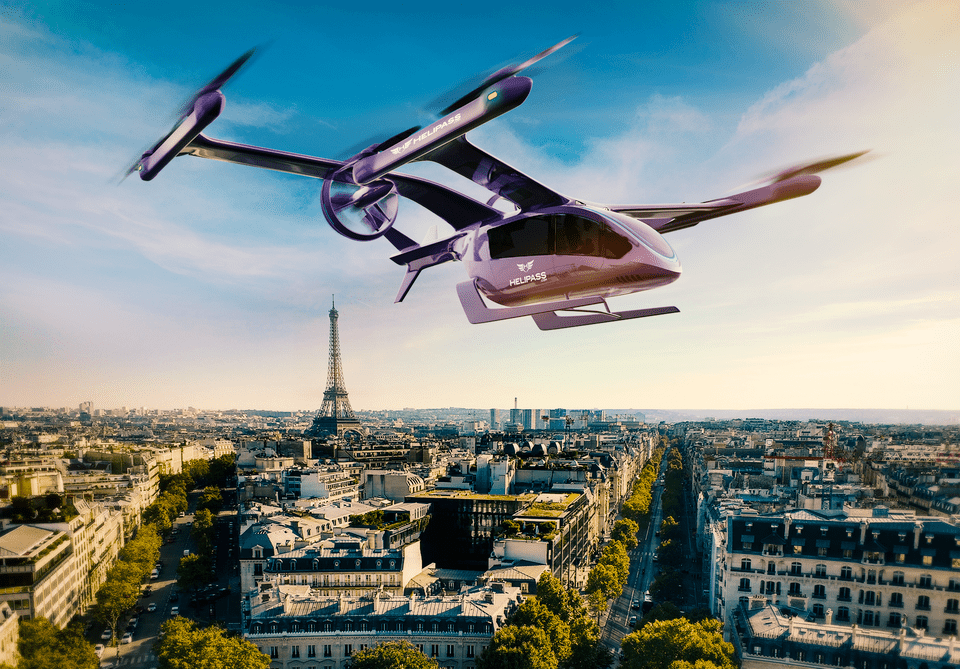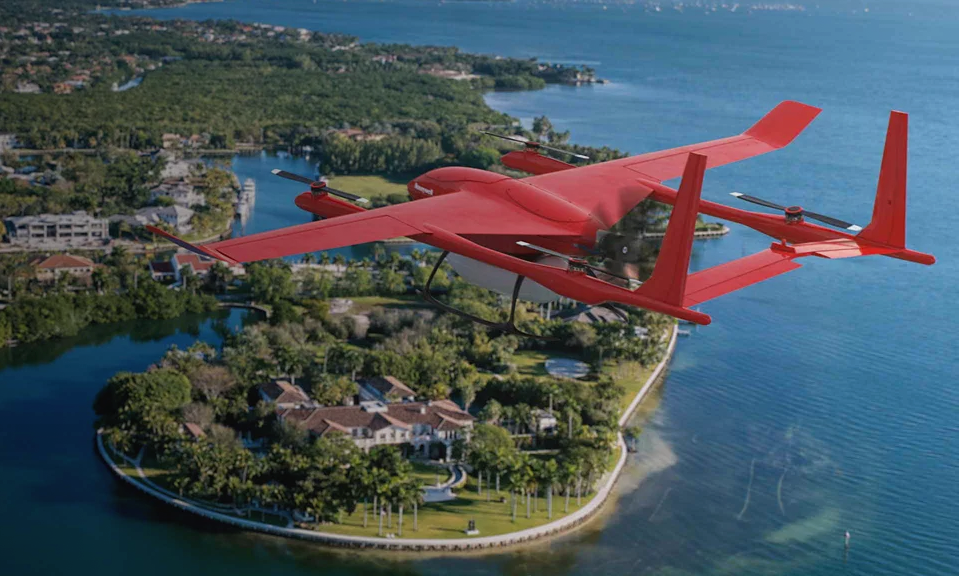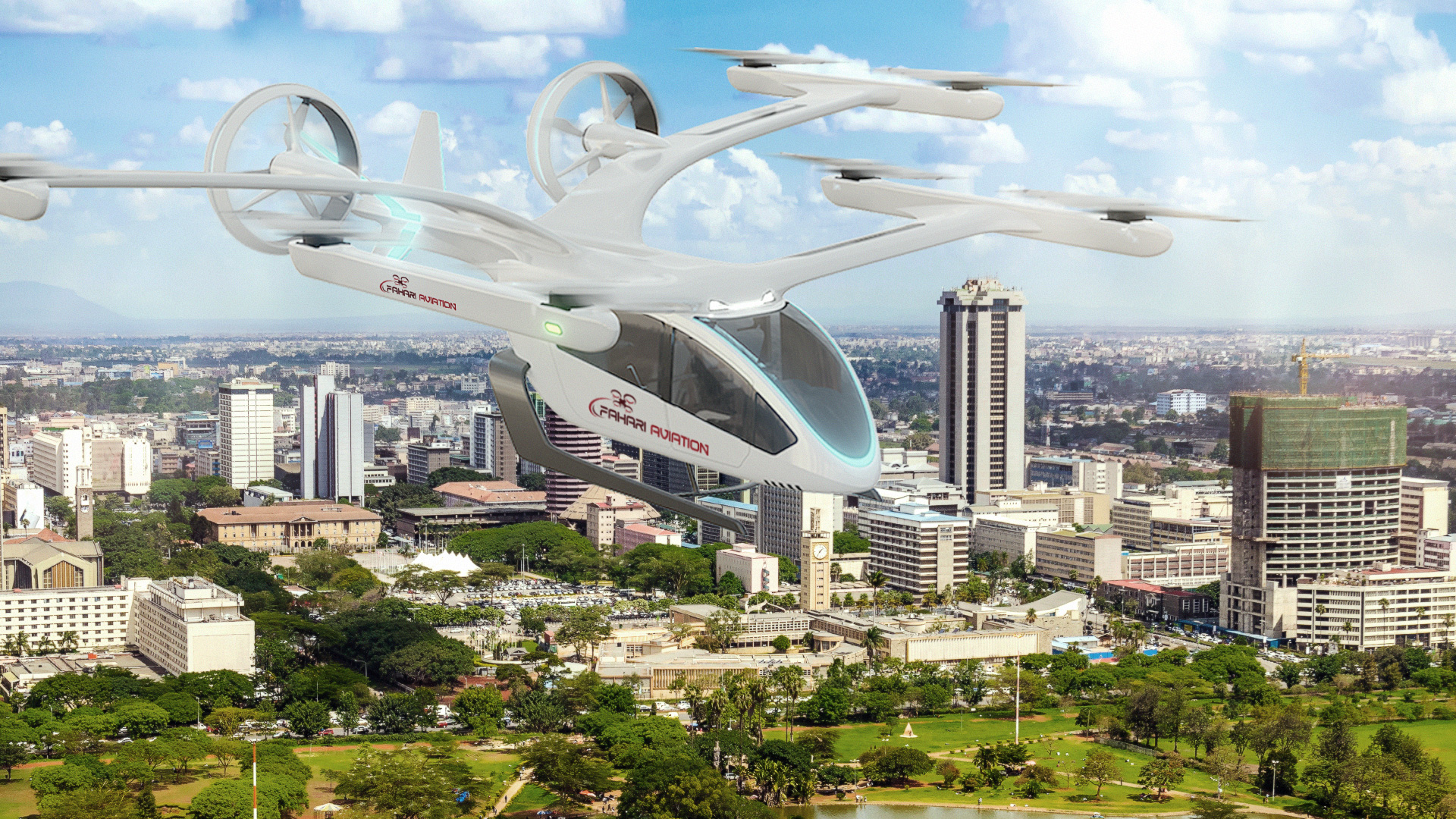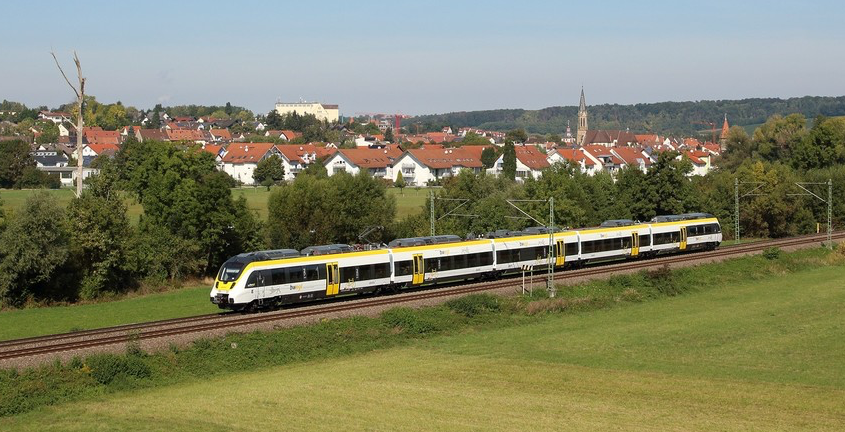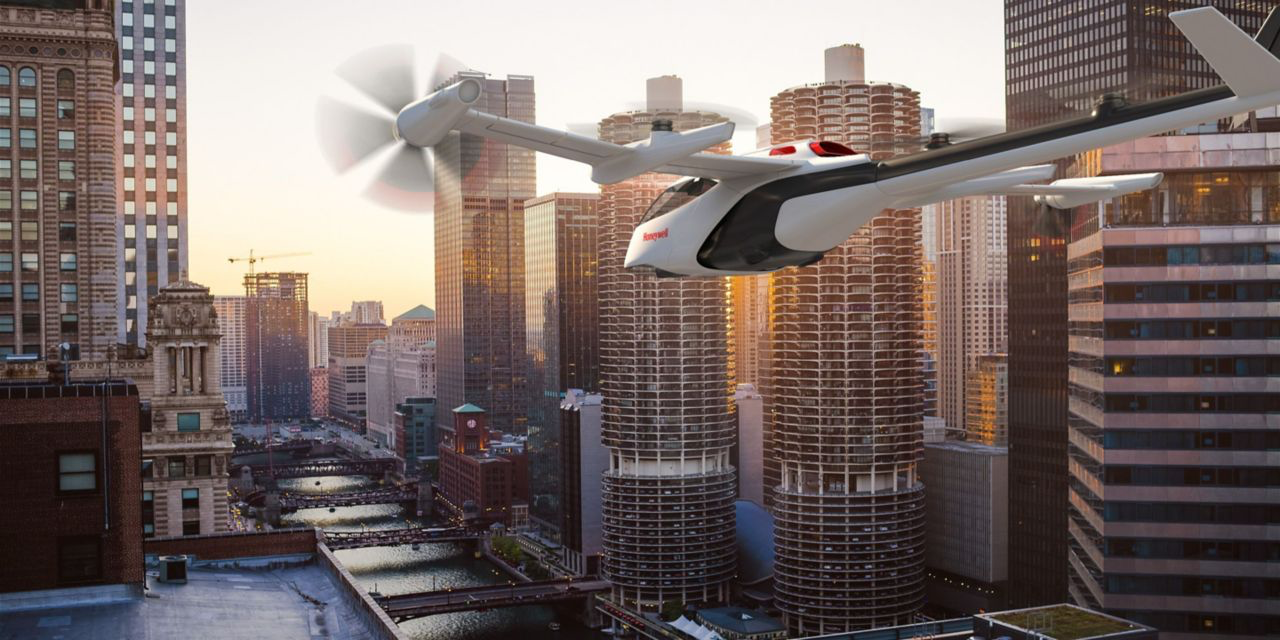Story from embraer.com
São José dos Campos – Brazil, October 26, 2021 – Embraer’s (NYSE: ERJ) Eve Air Mobility will begin an Urban Air Mobility (UAM) simulation on November 8th, connecting Barra da Tijuca to the Tom Jobim International Airport – RIOgaleão. The initiative, which will use a helicopter, will be carried out in cooperation with strategic partners and government entities.
The evaluation of the entire UAM ecosystem and the main concepts related to future operations will last a month, with six daily flights at a more affordable cost than a conventional helicopter service. The simulation applies prices close to those expected in the future for an electric vertical take-off and landing aircraft (eVTOL), also known in the market as an Electric Vertical Aircraft (EVA).
Tickets went on sale today on Flapper, an independent platform for on-demand flights. The service is available on www.flyflapper.com.br or in the Flapper app. The aircraft will be operated on the route by Helisul Aviação, one of the largest helicopter operators in Latin America. Universal Aviation, a global airport services company, will run ground operations. The concessionaire, RIOgaleão, and the Mario Henrique Simonsen Business Center (CEMHS) complete the partnership as the points of origin and destination, related to the experience.
The UAM industry intends to democratize access to the new air transport system using disruptive innovations and more affordable prices. Eve’s aircraft, scheduled to reach the market in 2026, will be all-electric and designed with a focus on users, to provide efficient and comfortable transport with low noise levels and zero carbon emissions.
The simulation is part of a concept of operation (CONOPS), started in August 2021 in Rio de Janeiro, aiming to integrate Urban Air Mobility into Brazilian airspace. More than 50 specialists from 12 institutions are collaborating on the innovative initiative, mapping the operation and service processes to identify the needs of users, the community, and other stakeholders.
The simulation, which will be monitored by the National Civil Aviation Agency (ANAC) and the Department of Airspace Control (DECEA), has the support of Skyports, focused on the design, construction, and operation of vertiports; EDP, one of the largest companies in the energy sector; Beacon, the platform from EmbraerX, designed to connect industry resources, the aftermarket supply chain and aviation professionals in a more agile way; and Atech, the company responsible for the development, implementation, and support of the Embraer Group’s air traffic flow control and management systems (civil and military).

